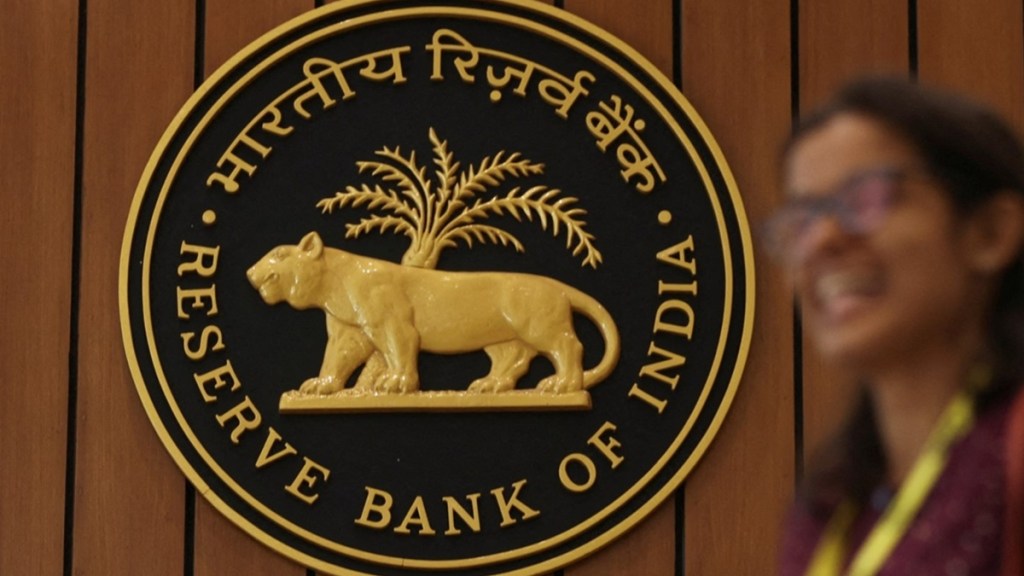Banks and non-banking financial companies must be treated with a different regulatory yardstick, Reserve Bank of India(RBI) executive director R Lakshmi Kanth Rao said on Friday.
“A level-playing field is a very dicey thing. If banks and NBFCs want a level-playing field, many more things also will come on the table. That might not be palatable to NBFCs,” he said at an event organised by the Associated Chambers of Commerce and Industry of India (Assocham) on Friday.
Here, Rao added that a different regulatory approach between banks and NBFCs is required because the non-bank lenders operate in a different manner from banks. Unlike banks, non-bank lenders do not have access to low-cost current account savings account (CASA) deposits.
According to the RBI data for sectoral deployment of credit, bank loans to NBFCs comprise 9.4% of the overall non-food credit. Due to this, NBFCs are interconnected with banks and hence, systemic risks arising out of the NBFC sector can spread to banks.
Rao also said that the activities conducted by NBFCs are diverse in nature. Here, the RBI’s scale-based regulation takes into account size, scale, and nature of activity of the NBFCs.
Overall, Rao reiterated NBFCs must tighten compliance systems, focus on customer protection, maintain cybersecurity standards, and diversify their sources of funds.
“We want NBFCs to play a strong role in regulating themselves. Here, a collaborative role comes into play where the sector itself plays a role of partner to ensure that there are no regulatory mishaps anywhere,” he said.
Additionally, Rao reiterated that the RBI has adopted a consultative approach while dealing with non-bank lenders. While he did not mention any specific norms, various non-bank lenders have recently pushed back against the draft project finance guidelines, which mandate a 5% provisioning for under-construction projects.
“We issue draft guidelines, take feedback, and continuously revise. On some recent circulars, there has been feedback to take care of some few advanced aspects. We have definitely reconsidered some of the aspects and revised the guidelines,” he said.


